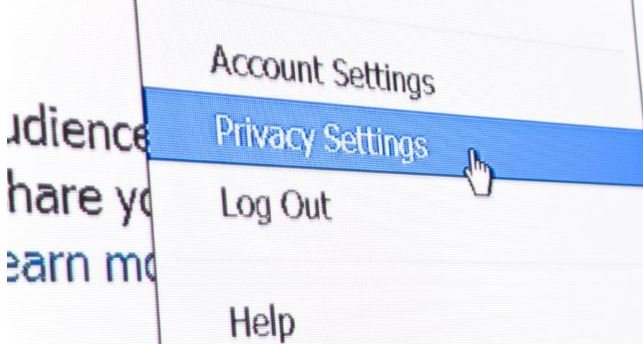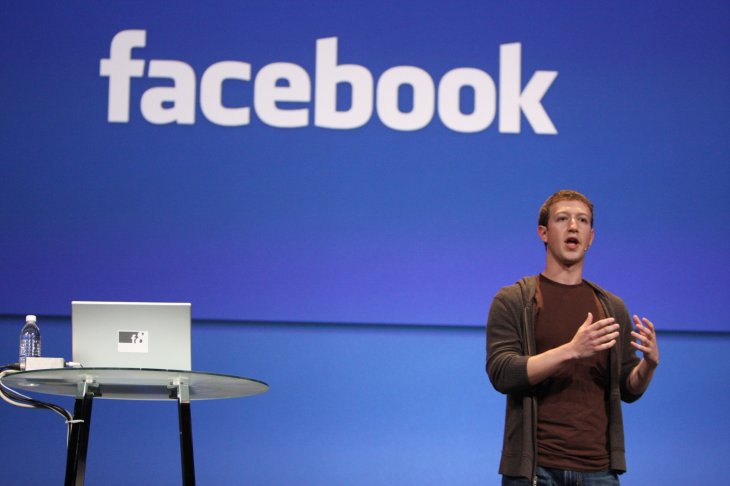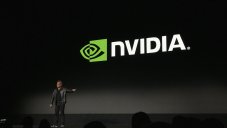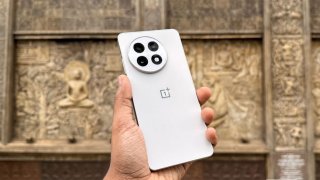Facebook Doesn't Need Your Account To Collect Data On You, It Just Needs Your Friends
Indira Datta - Feb 01, 2019

Even when you are not a user, Facebook can still profile you through less than 10 of your friends, researchers proved 95 percent accuracy.
- Instagram Launches A Lite Version For Users In Rural And Remote Areas
- Australia Passed New Law That Requires Facebook And Google To Pay For News Content
- Facebook Stops Showing Australian Content, Even From Government Sites
Sometimes users don't post any information or updates about themselves on social networks but their friends have already done for them.
According to a very unique study by researchers from the University of Adelaide and the University of Vermont, they can correctly predict 95% of the content that a person will post on their personal page, even when they don't know that person's account.

Even if you don't use social media, your information may be collected
Researchers find that just collecting and analyzing the information of one's friends on social networks, they can understand that person without being on social networks. All they need is the posts of about 10 people who have a relationship with that person.
The Nature Human Behavior magazine published this research last Monday. After using the data collected from 30.8 million tweets of 13,905 accounts, researchers put them into machine learning to give accurate predictions about someone's post. Simply, they use posts from people who have a person's relationship and from which predict their posts will be posted in the future.
Researchers say, whether you appear or participate in any social networking activities, your information, interests, and personalities can all be well understood. Simply linking information about yourself through 8 to 9 people know you and use social networking can build a mirror image of you. A professor from the University of Vermont, Jim Bagrow said, you are not the only one who can capture your privacy on social networks. Friends and acquaintances can do that too.
Twitter did not make any comments about this research.
This research came at a time when social networking sites were heavily criticized and reflected violently from privacy controls on their platforms. Both Twitter and Facebook suffer a lot of reactions from public opinion and professionalism. The issue of privacy has become more intense since the scandal of Facebook and Cambridge Analytica.
Through this research we can see, whether you have terminated the use of social networking sites or blocked your accounts, social network managers can still create a profile for you based on past friends who are still active on those platforms. Privacy advocates call this Facebook's "shadow profile".

Mark Zuckerberg, Facebook CEO
Facebook senior manager Mark Zuckerberg once told lawmakers in April that Facebook's collection of data about nonusers is for security purposes. This includes the mobile list of people using Facebook apps on mobile devices, from which the company offers you friend suggestions.
Facebook responded to this research that, even if the company collected data on nonusers, they still did not build profiles on them.
A Facebook spokesman said that for those who do not use Facebook, the company cannot identify that person's identity or use the information collected to document or understand who they are.
This research only shows that you are not the only one who holds online security and personal privacy on social media.
In data leaks that have occurred last year, friends on social media are often the main cause. Typically, the Cambridge Analytica of Facebook, This is Your Digital Life application not only collected information of the person who clicked it to the British company but also the information about all their friends.
According to the data, only 53 people in Australia clicked on that application from the beginning, but there were 310,000 people who were crawled and those people were friends with those first people. This has also happened to Facebook and affected 29 million users worldwide. Initially, only 400,000 users were in the network of hackers but then it spread to friends of friends.
Lewis Mitchell, who is a co-researcher and senior lecturer in applied mathematics at the University of Adelaide, has said that there's nowhere we can hide on social networks.
Featured Stories

ICT News - Feb 13, 2026
Elon Musk Pivots: SpaceX Prioritizes Lunar Metropolis Over Martian Colony

ICT News - Feb 10, 2026
Discord's Teen Safety Sham: Why This Data Leak Magnet Isn't Worth Your Trust...

ICT News - Feb 09, 2026
PS6 Rumors: Game-Changing Specs Poised to Transform Console Play

ICT News - Feb 08, 2026
Is Elon Musk on the Path to Becoming the World's First Trillionaire?

ICT News - Feb 07, 2026
NVIDIA's Gaming GPU Drought: No New Releases in 2026 as AI Takes Priority

ICT News - Feb 06, 2026
Elon Musk Clarifies: No Starlink Phone in Development at SpaceX

ICT News - Feb 03, 2026
Elon Musk's SpaceX Acquires xAI in Landmark $1.25 Trillion Merger

ICT News - Feb 02, 2026
Google's Project Genie: Premium Subscribers Unlock Interactive AI-Generated Realms

ICT News - Dec 25, 2025
The Visibility Concentration Effect: Why Half the Web Isn’t Qualified Anymore

ICT News - Jul 05, 2025
Windows 11 is Now the Most Popular Desktop OS in the World
Read more

Mobile- Feb 12, 2026
What is the Most Powerful Gaming Phone Currently?
The Nubia Red Magic 11 Pro is the undisputed most powerful gaming phone right now, blending record-breaking benchmarks, unbeatable cooling, and gamer-centric design for peak performance that lasts.

ICT News- Feb 13, 2026
Elon Musk Pivots: SpaceX Prioritizes Lunar Metropolis Over Martian Colony
While Mars enthusiasts may feel a temporary setback, the lunar focus could ultimately fortify humanity's multi-planetary future.

Mobile- Feb 11, 2026
Top 5 Cheap and Efficient Gaming Phones in 2026
These phones prove you don't need $1000+ for efficient gaming. The RedMagic 11 Air leads for pure power, while POCO options win on value.
Comments
Sort by Newest | Popular